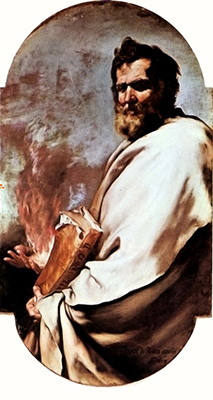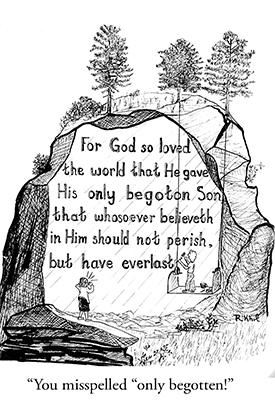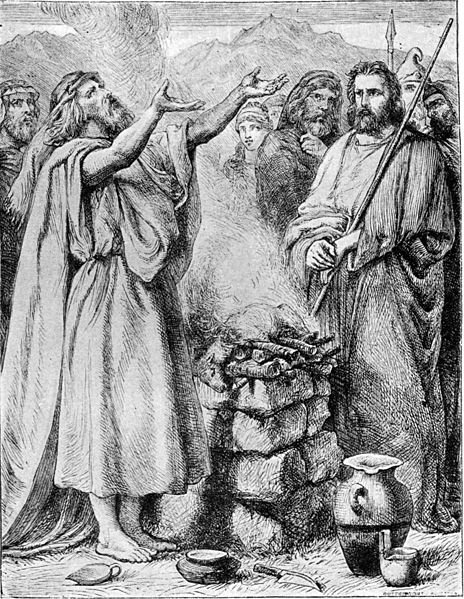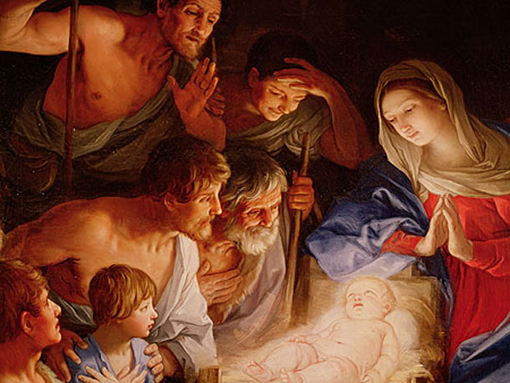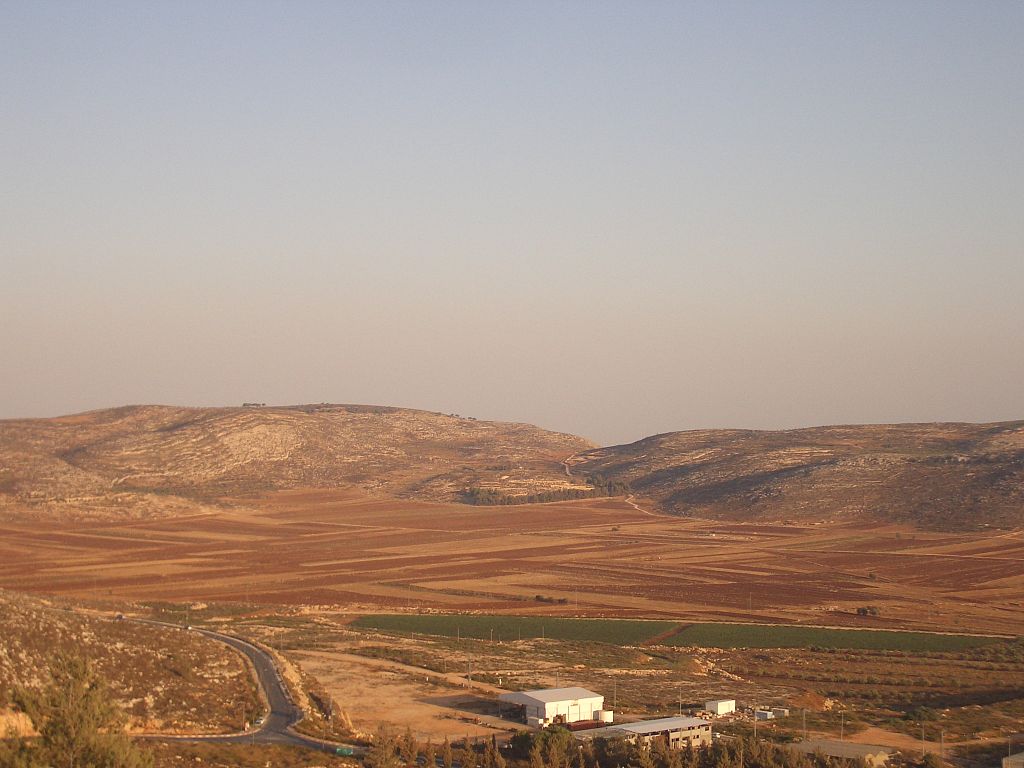God, who at various times and in various ways spoke in time past to the fathers by the prophets,
has in these last days spoken to us by His Son, whom He has appointed heir of all things…
Hebrews 1:1-2
Since the theme of the Epistle to the Hebrews is the better covenant that came through the Son of God, everything about Him exceeds all that was in the Old Testament. The prophets of old were servants of God who saw short glimpses of the glory of the LORD, but Jesus was the Heir of All Things.
As Heir, Christ inherits anything and everything that was God’s. Possessions, authority, dominion, power, abilities, attributes, and the character of the divine now belong to the Savior of the World. The promised Immanuel kept His promise, and God continued abiding with His creation. Everything that had gone on for millennia in the past was now obsolete and inadequate. What had appeared to be very real, present, and relevant was revealed to be just shadows and images of what was to come.
The term “all things” leaves nothing out. Even the unknown assets of God that we have no clue about still are Christ’s to use or lose or give away, because He is the Heir of All Things.
God, even in the Old Covenant, possessed all things, all power, and all glory. What actually changes is access to the Holy One of God. All distance, all obstacles, and all limitations are gone. Our Great High Priest now intercedes for us so that we can approach that which had been unapproachable since the lifetime of Adam.
It would have been enough to walk through heaven in the same way a tourist walks through a world class museum: Look, but don’t touch. But here’s the part of the New Covenant that boggles the imagination: He who has become Heir of All Things has also made us joint heirs with Christ (Romans 8:17). Who’da thunk it?!!
February 3



